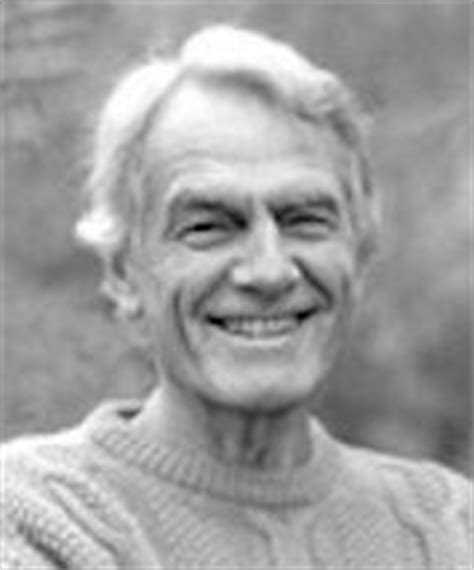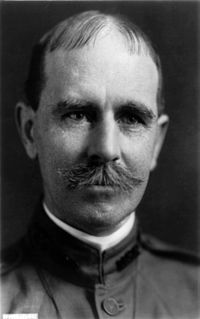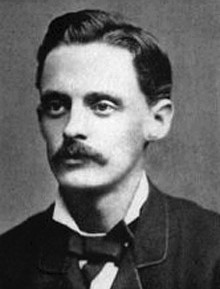A Quote by Margaret Mead
Warfare ... is just an invention, older and more widespread than the jury system, but none the less an invention.
Related Quotes
...those experiments be not only esteemed which have an immediate and present use, but those principally which are of most universal consequence for invention of other experiments, and those which give more light to the invention of causes; for the invention of the mariner's needle, which giveth the direction, is of no less benefit for navigation than the invention of the sails, which give the motion.
Our first and most pressing problem is how to do away with warfare as a method of solving conflicts between national groups or between groups within a society who have different views about how the society is to be run. If you look back, you will see that warfare was an invention, just as ways of handling government or taxes are inventions. You will see, too, that once people use an invention they go on using it until they find another which they think is superior.
There are many points in the history of an invention which the inventor himself is apt to overlook as trifling, but in which posterity never fail to take a deep interest. The progress of the human mind is never traced with such a lively interest as through the steps by which it perfects a great invention; and there is certainly no invention respecting which this minute information will be more eagerly sought after, than in the case of the steam-engine.
So you want another story?" Uhh... no. We would like to know what really happened." Doesn't the telling of something always become a story?" Uhh... perhaps in English. In Japanese a story would have an element of invention in it. We don't want any invention. We want the 'straight facts,' as you say in English." Isn't telling about something--using words, English or Japanese--already something of an invention? Isn't just looking upon this world already something of an invention?
The so-called ‘crank’ may be quite original in his ideas. … Invention, however, in the engineering sense involves originality; but not that alone, if the results are to be of value. There is imagination more or less fertile, but with it a knowledge of what has been done before, carried perhaps by the memory, together with a sense of the present or prospective needs in art or industry. Necessity is not always the mother of invention. It may be prevision.
We have a duty towards music; namely to invent it. ...Invention presupposes imagination but should not be confused with it. For the act of invention implies the necessity of a lucky find and of achieving realization of this find. What we imagine does not necessarily take on concrete form and may remain in a state of virtuality; whereas invention is not conceivable apart from its actually being worked out.




































